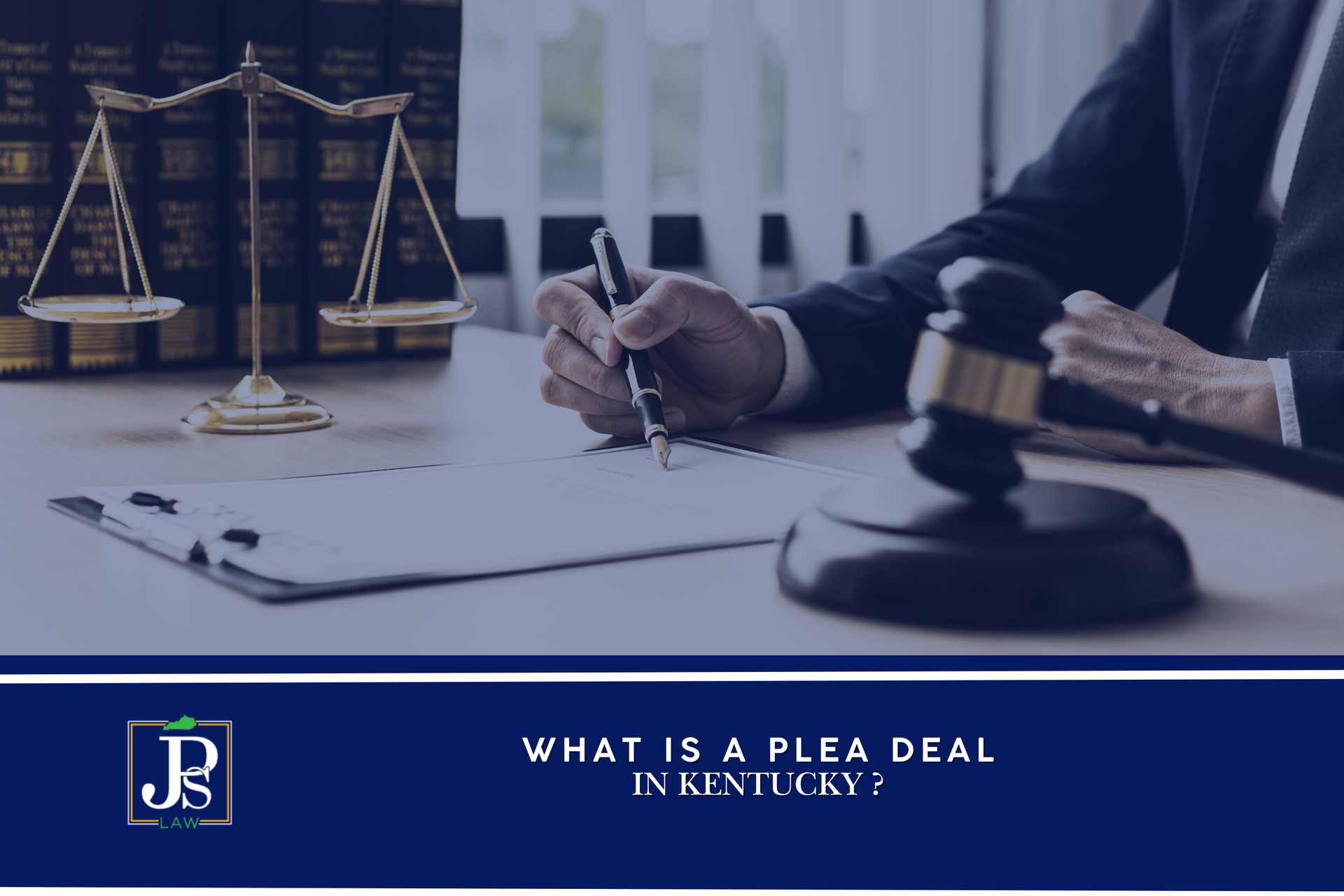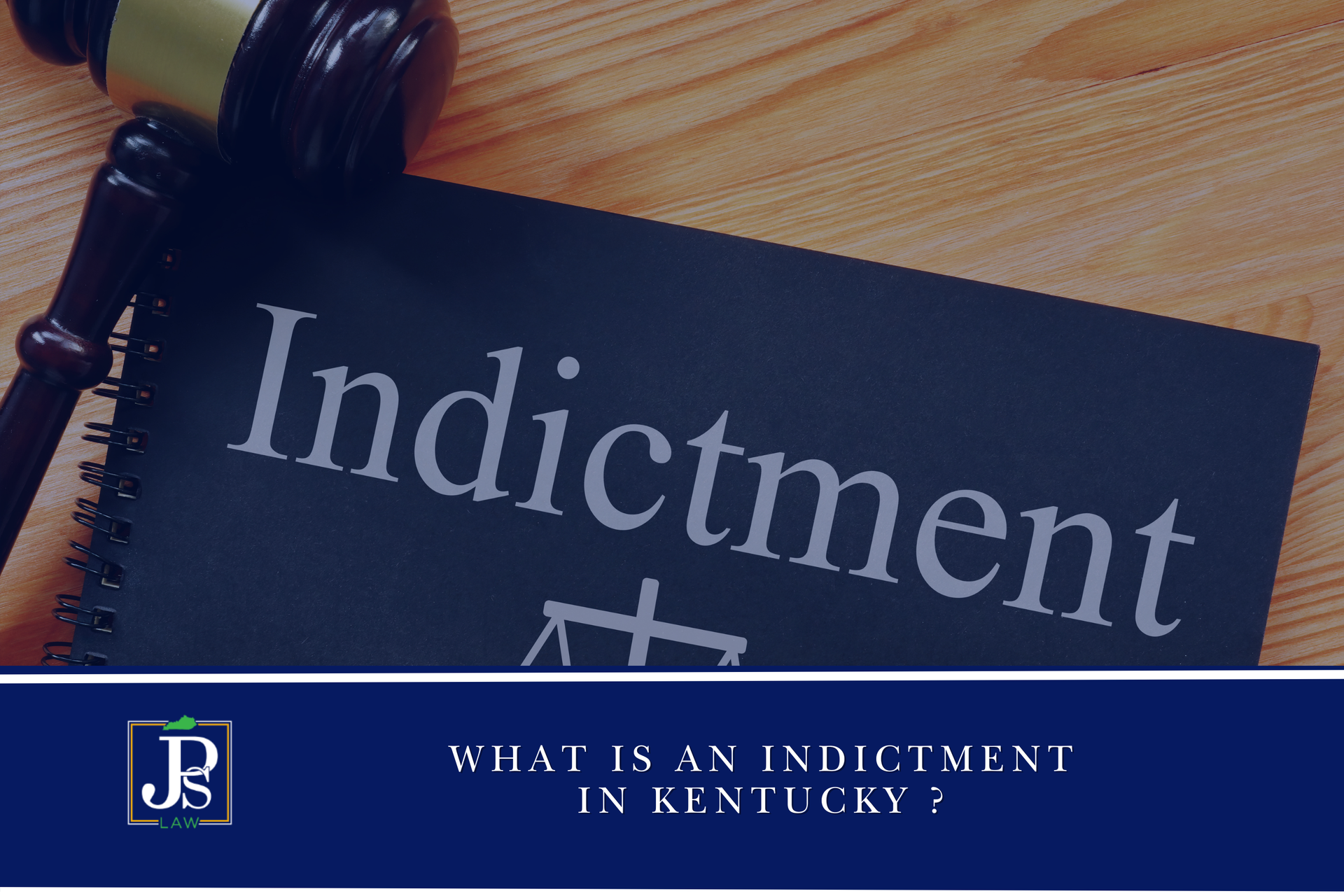In popular movies and TV shows, a familiar scene shows a victim or complainant of a crime considering the act of dropping charges. However, throughout most of the United States and in the Commonwealth of Kentucky, the reality is a little more complicated than a simple conversation between the victim of a crime and a prosecutor.

Being charged with a criminal offence can be a stressful time for an individual. If you have been charged with a criminal offence in Kentucky, you need an experienced defense lawyer that can help you cut through the pop culture noise and the legal red tape and provide you the honest answers and accurate representation you need.
At JPS Law, our legal team is dedicated to upholding your rights within Kentucky's legal framework. Here, we’ll explain exactly what does it mean to drop charges and we’ll discuss the role of the presiding judge and prosecutor in this part of the legal process.
Let’s Explain: What Does It Mean to Drop Charges?
Before diving into the specifics of the law in Kentucky, let's unpack the term “dropping charges.” Dropping charges refers to the act of formally withdrawing criminal accusations against a defendant. It's important to note that this is not a simple process akin to changing one's mind about a complaint. Once charges have been filed, they take on a life of their own within the criminal justice system.
So, Can You Drop Charges Against Someone Before Court in Kentucky?
The short answer is that the decision is not up to the reporting party. A common misconception is that the person who originally reported a crime or who was a victim has the authority to drop charges at will. However, in the state of Kentucky, as with many other jurisdictions, the power to initiate or terminate a prosecution lies with the prosecutor. This typically means the Commonwealth’s Attorney or prosecutor's office has the final say in determining whether to continue with or dismiss a case.
Once a report has been made to law enforcement and charges have been filed, the matter is largely in the hands of the prosecutors. This is because the state, not the individual, technically presses the charges. This process ensures that public interest and justice take precedence over personal grievances and changing emotions.
However, the wishes of a complainant or victim are not insignificant parets of the process. If you're a victim wishing to drop charges, you can express your desire to the prosecutor. While the decision ultimately isn't yours, a prosecutor may take your feelings into consideration, especially if your cooperation is vital to moving the case forward. Factors such as the severity of the crime, the defendant's history, and broader public safety will be considered alongside your request.
The Process of Dropping Charges
Should a prosecuting attorney decide to dismiss charges, the process involves filing a legal motion to the court, which then must be approved by the judge. Even at this stage, dropping charges is not guaranteed. The discretion of the judge plays a significant role, and the court may have questions or require further hearings or diversionary measures before making a decision.
Why Charges Might Be Dropped
There are various other reasons why legal charges could be dropped before reaching court:
- Insufficient Evidence: Without enough evidence, the likelihood of a successful prosecution decreases, and the charges may be dropped.
- Procedural Issues: Legal technicalities, such as mishandling of evidence or violation of rights during an arrest, can also lead to charges being dropped.
- Diversion Programs: Sometimes, particularly in less severe cases, defendants may be offered a diversion program in place of prosecution, which upon completion could result in the charges being dismissed.
Contact Our Team If You or A Loved One Is Seeking A Defense Attorney In Kentucky
Understanding the nuances of the legal process, specifically the terms of dropping charges in Kentucky, can be quite complex. If you're contemplating the implications of dropping charges or find yourself stuck in the criminal justice system, consulting with one of our seasoned defense attorneys at JPS Law can provide you with the guidance and support you need.
We encourage you to reach out to our practice in Lexington, Kentucky. You can call or text us at (859) 940-7480 or contact JPS Law online and a member of our team will reach out to you.




